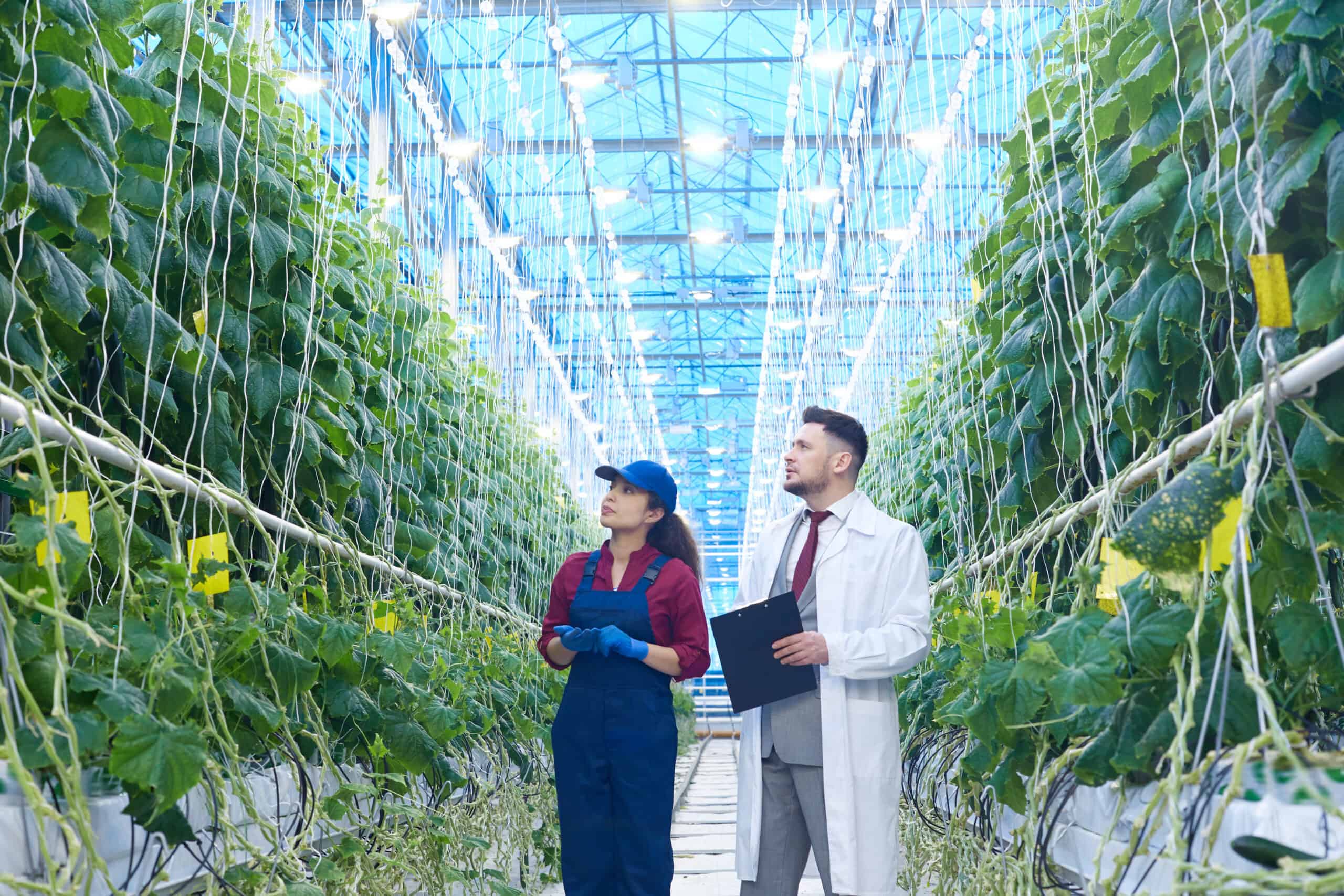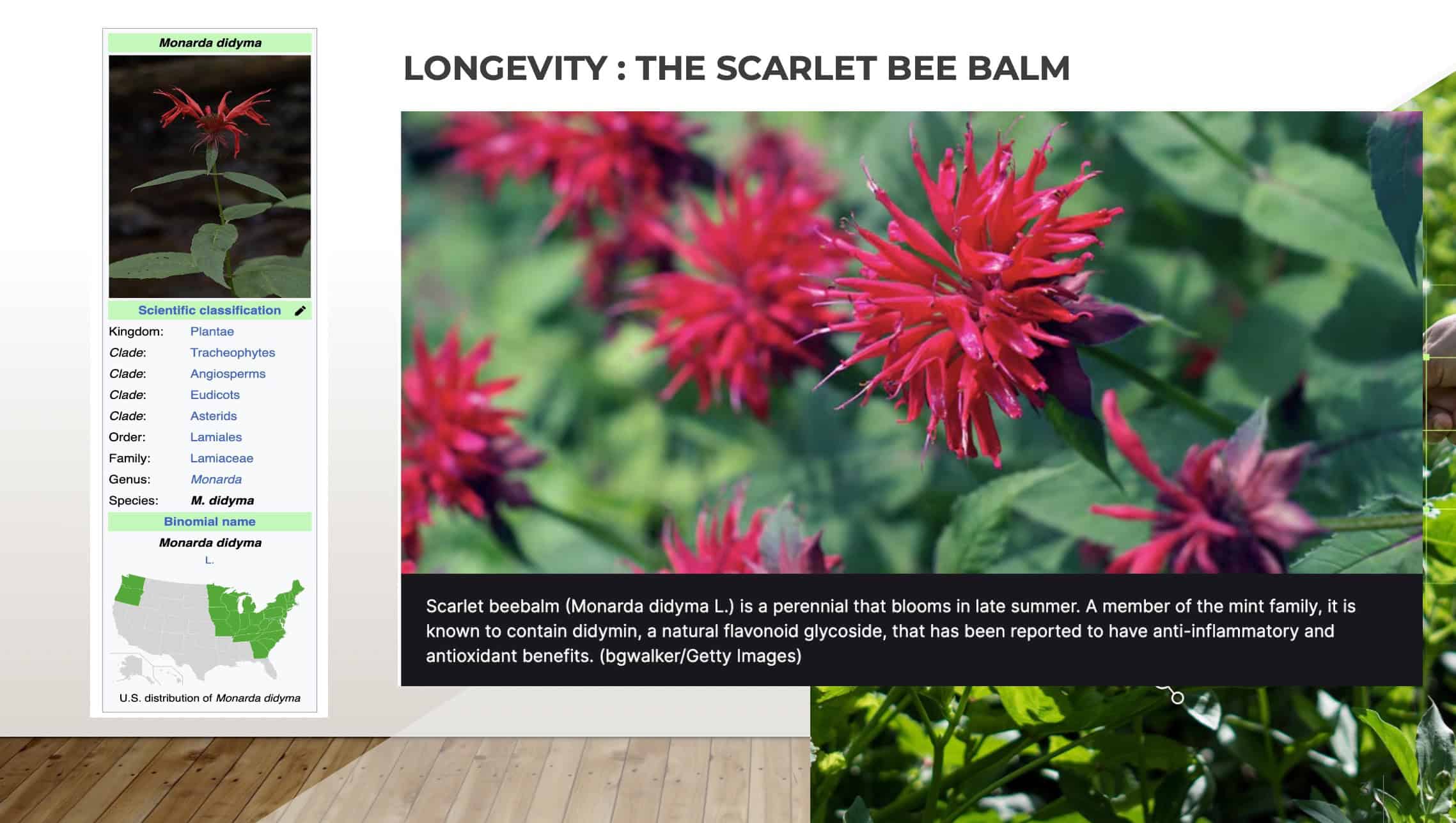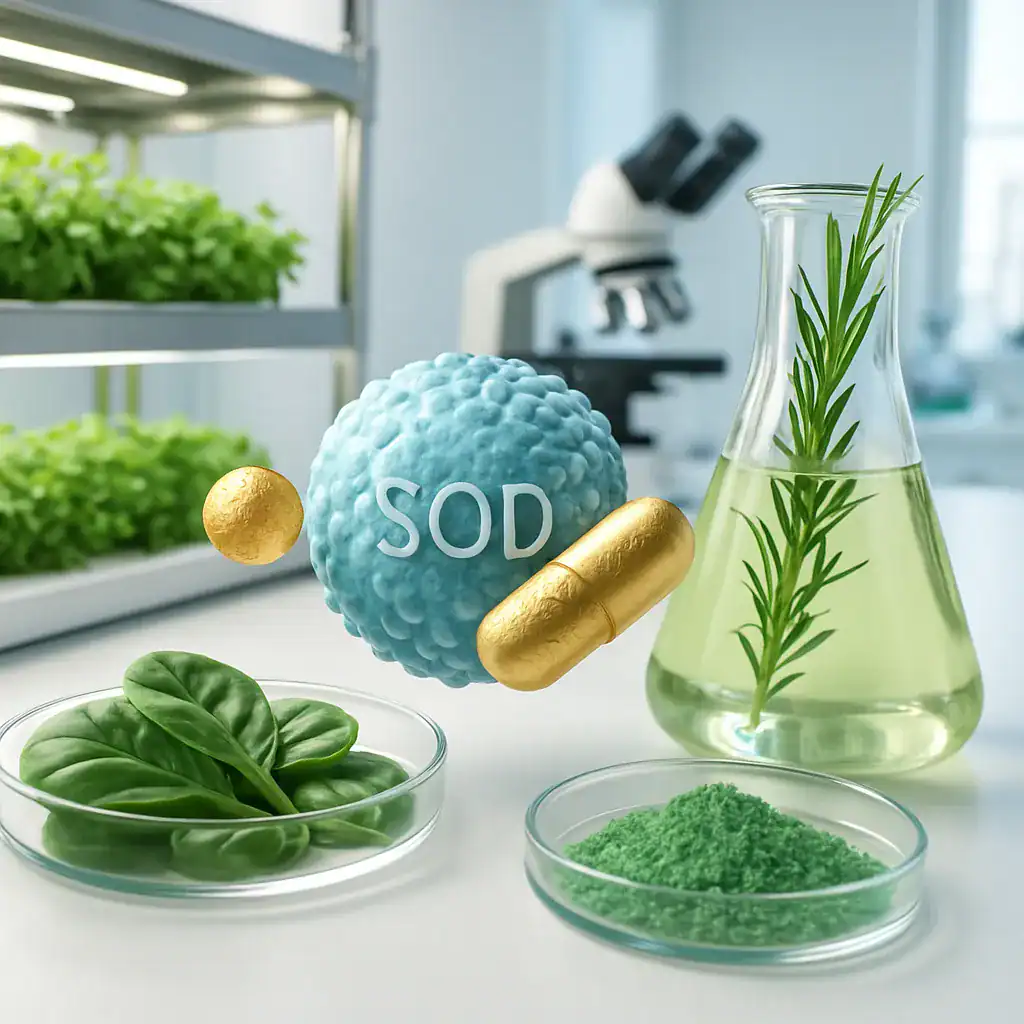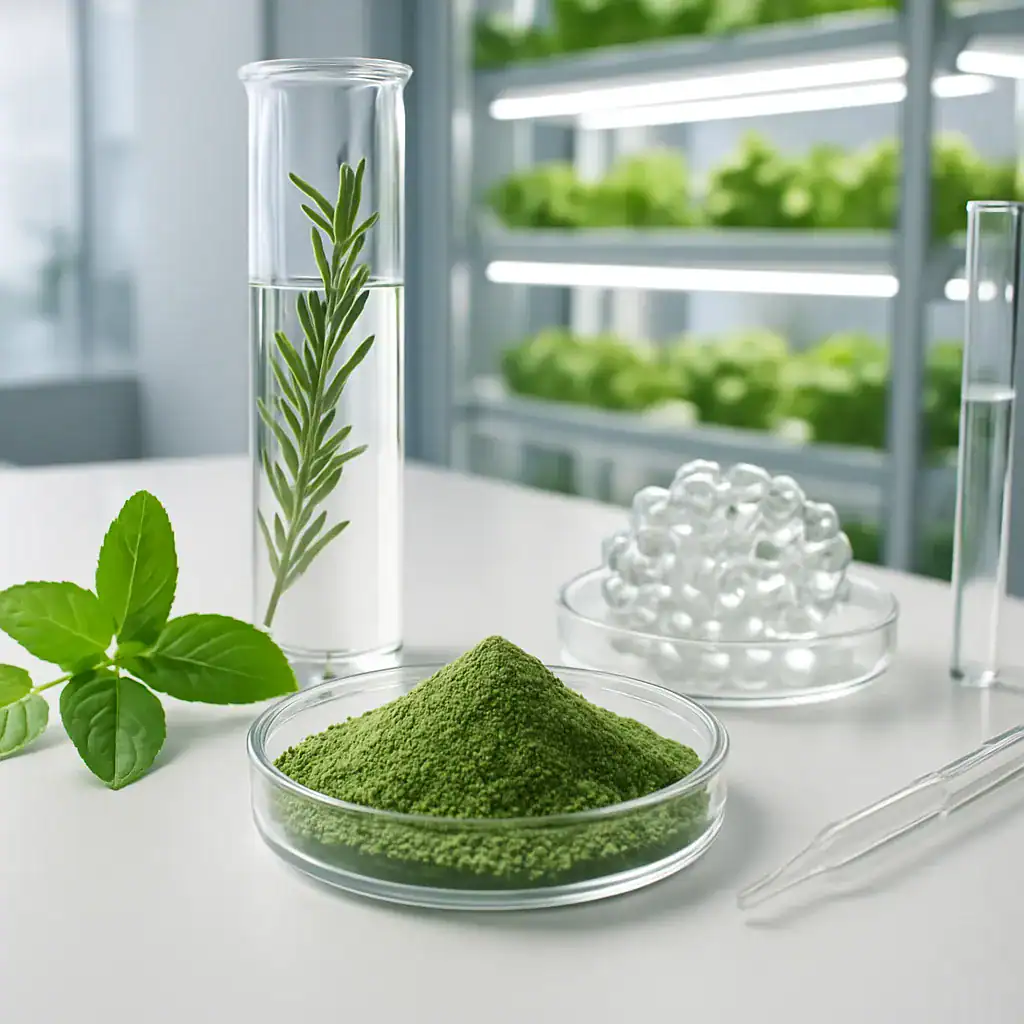Sustainable Extraction Methods: The Future of Eco-Friendly Herbal Products
Sustainable Farming Methods: The Foundation of Modern Nutraceutical Innovation
Sustainable farming methods represent a revolutionary approach to agriculture that prioritizes environmental stewardship while maximizing crop yields and nutritional quality. These techniques form the backbone of today’s most advanced nutraceutical development, where the quality of source materials directly influences the efficacy of health-promoting compounds.
You might wonder why sustainable farming has become so crucial in the nutraceutical industry. The answer lies in the growing understanding that how we cultivate plants fundamentally affects their bioactive compound profile. That’s clear when examining clinical outcomes, but have you ever considered that the farming method itself might be as important as the plant species being grown?
Vertical Farming: Revolutionizing Botanical Ingredient Production
Vertical farming stands at the forefront of sustainable agricultural innovation, offering unprecedented control over growing conditions while minimizing environmental impact. This method involves cultivating plants in vertically stacked layers, often incorporating controlled-environment agriculture technology where all environmental factors can be regulated.
Enhanced Bioactive Compound Production
When plants are grown in vertical farming systems, they often produce higher concentrations of beneficial compounds. This happens because the controlled environment allows for precise optimization of light spectrum, humidity, temperature, and nutrient delivery. You’ve likely noticed that some supplements seem more effective than others—this difference can often be traced back to cultivation methods that enhance the plant’s natural defense mechanisms, which in turn increases production of valuable compounds like polyphenols, antioxidants, and enzymes like Superoxide Dismutase (SOD).
Resource Efficiency and Environmental Benefits
The sustainability credentials of vertical farming are impressive. Compared to conventional agriculture, vertical farming systems typically use:
- 95% less water through recirculating hydroponic systems
- 99% less land area while producing equivalent yields
- Zero pesticides, eliminating chemical runoff into ecosystems
- Significantly reduced transportation emissions due to proximity to urban centers
The Nutraceutical Advantage of Sustainably Farmed Botanicals
When botanical ingredients are cultivated through sustainable methods like vertical farming, they offer distinct advantages for nutraceutical applications that directly benefit human health outcomes.
Superior Purity and Consistency
Conventional farming often introduces variability in active compounds due to seasonal fluctuations, soil differences, and environmental stressors. But have you ever wondered why some supplement batches seem more effective than others? The answer often lies in cultivation consistency.
Vertical farming eliminates these variables, producing botanicals with predictable phytochemical profiles and consistent potency batch after batch. This translates to nutraceuticals that deliver reliable therapeutic effects, crucial for applications targeting specific health concerns like inflammation reduction or antioxidant support.
Enhanced Bioavailability Through Natural Synergies
Sustainable farming methods preserve the natural synergistic compounds in plants that often enhance the bioavailability of primary active ingredients. These companion compounds—sometimes called “entourage molecules”—can dramatically improve how well your body absorbs and utilizes the therapeutic components.
For instance, when plants containing SOD are grown in optimized vertical farming environments, they often develop enhanced flavonoid profiles that protect and potentiate the enzyme’s activity in the human body, ensuring it reaches its targets in the cardiovascular system, joints, or skin with maximum efficacy.
This natural synergy represents a significant advancement over isolated synthetic compounds, offering nutraceutical formulators like PhNóva the ability to create truly bioavailable health solutions derived entirely from nature but optimized through cutting-edge agricultural technology.
Our Key Areas of Expertise




The Integrated Ecosystem: How Sustainable Farming Drives Nutraceutical Innovation
When you examine the modern nutraceutical supply chain, sustainable farming methods emerge as the critical foundation that influences every subsequent production phase. This interconnection creates a cascade of benefits that ultimately enhances both the quality and efficacy of health-promoting products.
Soil-to-Supplement: The Complete Value Chain
The journey from cultivation to consumer involves multiple integrated processes, each building upon the quality established at the farming stage. Vertical farming techniques particularly excel at creating this foundation of excellence through precise control of growing conditions.
Traditional agriculture often introduces variability and environmental contaminants that must be addressed through intensive processing, potentially degrading bioactive compounds. In contrast, sustainable methods create cleaner starting materials that preserve natural biological activity through to the final product.
Consider how this integration affects the production of Superoxide Dismutase (SOD) supplements:
| Production Stage | Conventional Farming Impact | Sustainable Farming Advantage |
|---|---|---|
| Raw Material Quality | Variable SOD content dependent on external conditions | Consistently high SOD levels due to optimized growing environment |
| Extraction Process | Requires aggressive solvents to isolate active compounds | Enables gentler extraction methods preserving molecular integrity |
| Formulation | Often needs synthetic additives to compensate for quality deficiencies | Allows for cleaner label formulations with fewer ingredients |
| Bioavailability | Reduced by processing damage to companion compounds | Enhanced by preservation of natural co-factors |
| Shelf Stability | Typically requires additional preservatives | Natural antioxidant content provides inherent stability |
Microbiome-Friendly Production: Beyond Clean Ingredients
The relationship between sustainable farming and gut health represents one of the most exciting frontiers in nutraceutical development. Plants grown through regenerative agricultural practices develop unique microbiome profiles that can transfer beneficial effects to human consumers.
You might not realize that the soil microbiome directly influences plant phytochemical production. When farming methods support diverse soil biology, plants produce:
• More diverse polyphenol profiles • Enhanced prebiotic fiber structures • Natural antimicrobial compounds that selectively support beneficial bacteria • Bioactive peptides that influence gut barrier function
These compounds survive extraction and formulation processes when gentle production methods are employed, creating finished products that support not just targeted health conditions but overall microbiome health. This represents a significant advancement over isolated synthetic compounds that may address specific symptoms but fail to support systemic health.
Exosome Preservation Through Sustainable Processing
The discovery that plants produce exosomes – tiny vesicles that can transport bioactive compounds across cellular barriers – has revolutionized our understanding of how plant-derived nutraceuticals function in the human body. These natural nanocarriers significantly enhance bioavailability, but they are extremely sensitive to production methods.
Sustainable farming creates ideal conditions for exosome production, while subsequent gentle processing techniques preserve these delicate structures. The interconnected benefits include:
- Enhanced absorption of fat-soluble nutrients like curcuminoids and carotenoids
- Protection of sensitive compounds from digestive degradation
- Targeted delivery to specific tissues based on natural receptor affinity
- Prolonged circulation time for extended therapeutic effects
- Reduced effective dose requirements due to improved bioavailability
Sensory Quality and Compliance Optimization
The connection between sustainable farming and the sensory properties of final nutraceutical formulations cannot be overstated. Plants grown under optimal conditions develop balanced flavor compound profiles that require minimal intervention during aroma neutralization processes.
When source materials contain fewer bitter compounds or off-flavors from environmental stress, formulators can create more palatable products with fewer masking agents. This directly impacts consumer compliance – even the most effective supplement provides no benefit if poor taste prevents regular consumption.
Circular Production Models: Waste Streams as Secondary Resources
Advanced sustainable farming operations integrate with nutraceutical production through innovative circular economy approaches. Rather than viewing processing by-products as waste, these systems create value-added streams:
• Extraction residues become biofertilizers, returning to the farming system • Processing water recirculates to hydroponic systems after nutrient recovery • Carbon dioxide from fermentation processes feeds back into plant growing environments • Heat from production facilities maintains greenhouse temperatures
This integration not only reduces environmental impact but also improves operational efficiency and reduces production costs – benefits that can be passed on to consumers seeking high-quality, sustainable nutraceuticals.
Blockchain-Enabled Transparency and Validation
The integration of sustainable farming with nutraceutical production increasingly involves blockchain technology to validate claims and provide unprecedented transparency. This connected documentation system allows you to trace:
• Exact growing conditions during cultivation • Harvest timing optimized for peak bioactive compound levels • Processing parameters that preserve sensitive compounds • Quality testing results confirming potency and purity • Carbon footprint calculations demonstrating environmental benefits
This comprehensive validation creates a new standard of accountability in the nutraceutical industry, where unsubstantiated claims have historically been problematic. When you select products from companies employing these integrated systems, you gain confidence that health claims are supported by documented production excellence.
R&D Consultancy
Discover how PhNóva’s R&D Consultancy can help transform your idea into a market-ready solution — with expert support in formulation, regulatory compliance, and innovative delivery systems to give your product a competitive edge.
FAQ's about Sustainable Extraction Methods: The Future of Eco-Friendly Herbal Products
Get in Touch with PhNóva
Have questions or need expert guidance? Contact us today — our team is ready to assist you with tailored solutions for your formulations.

24/03/2025






